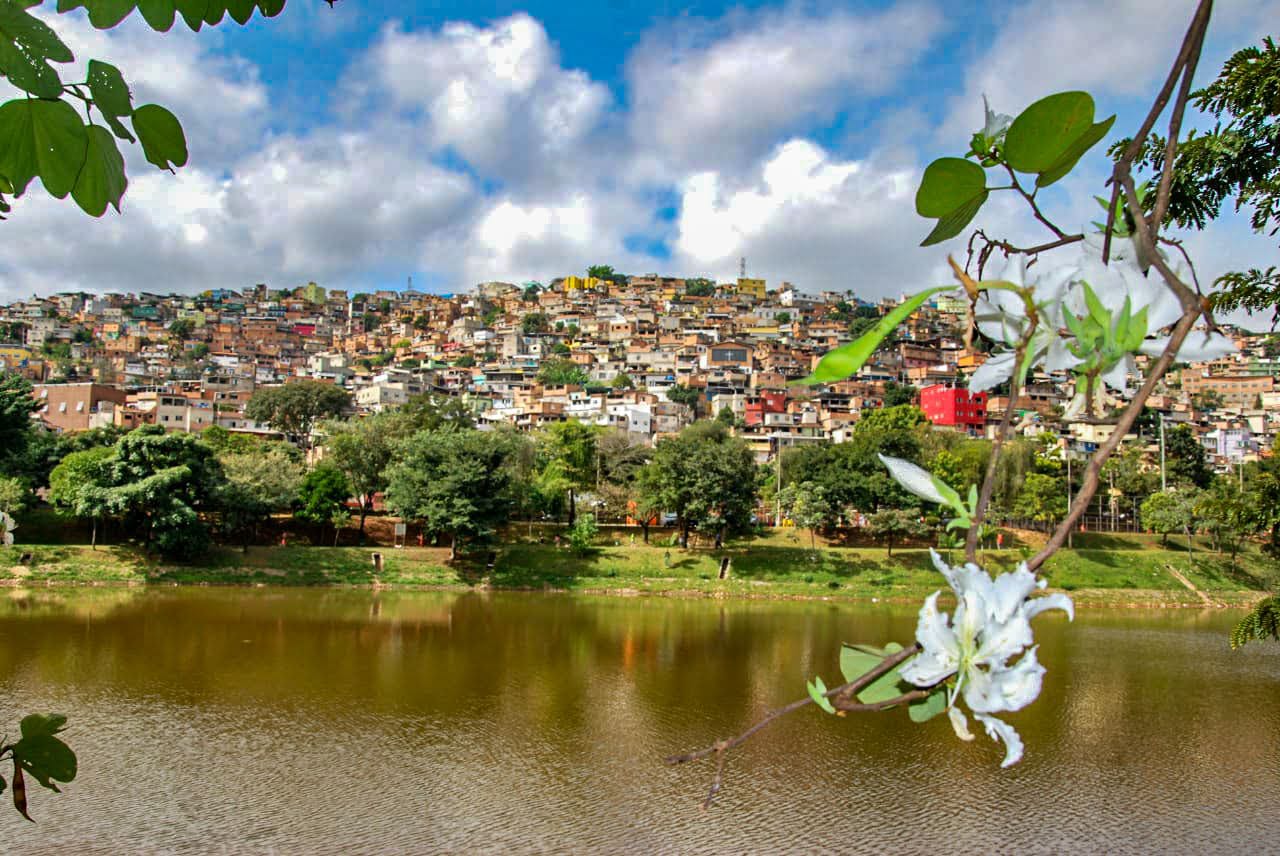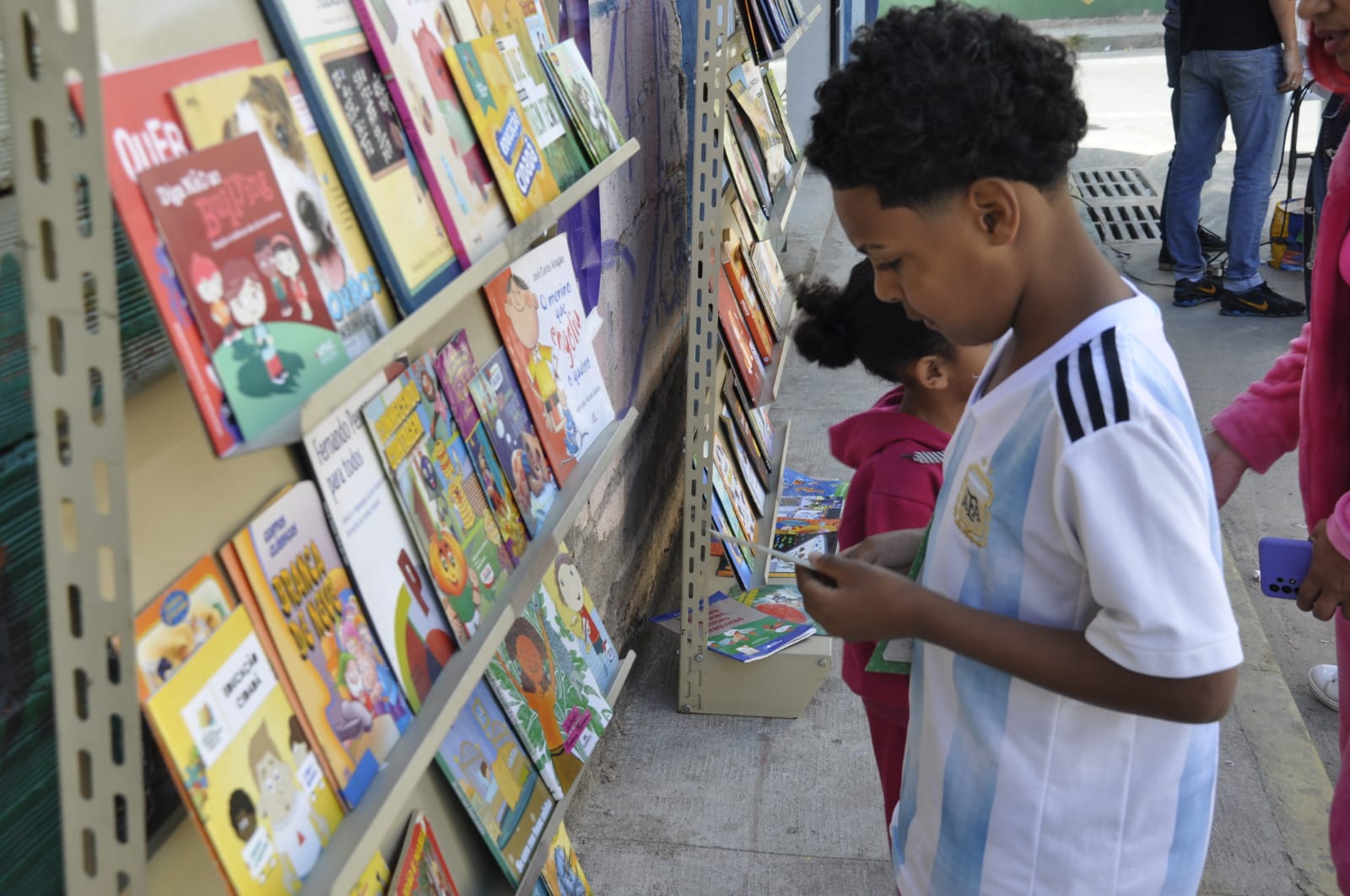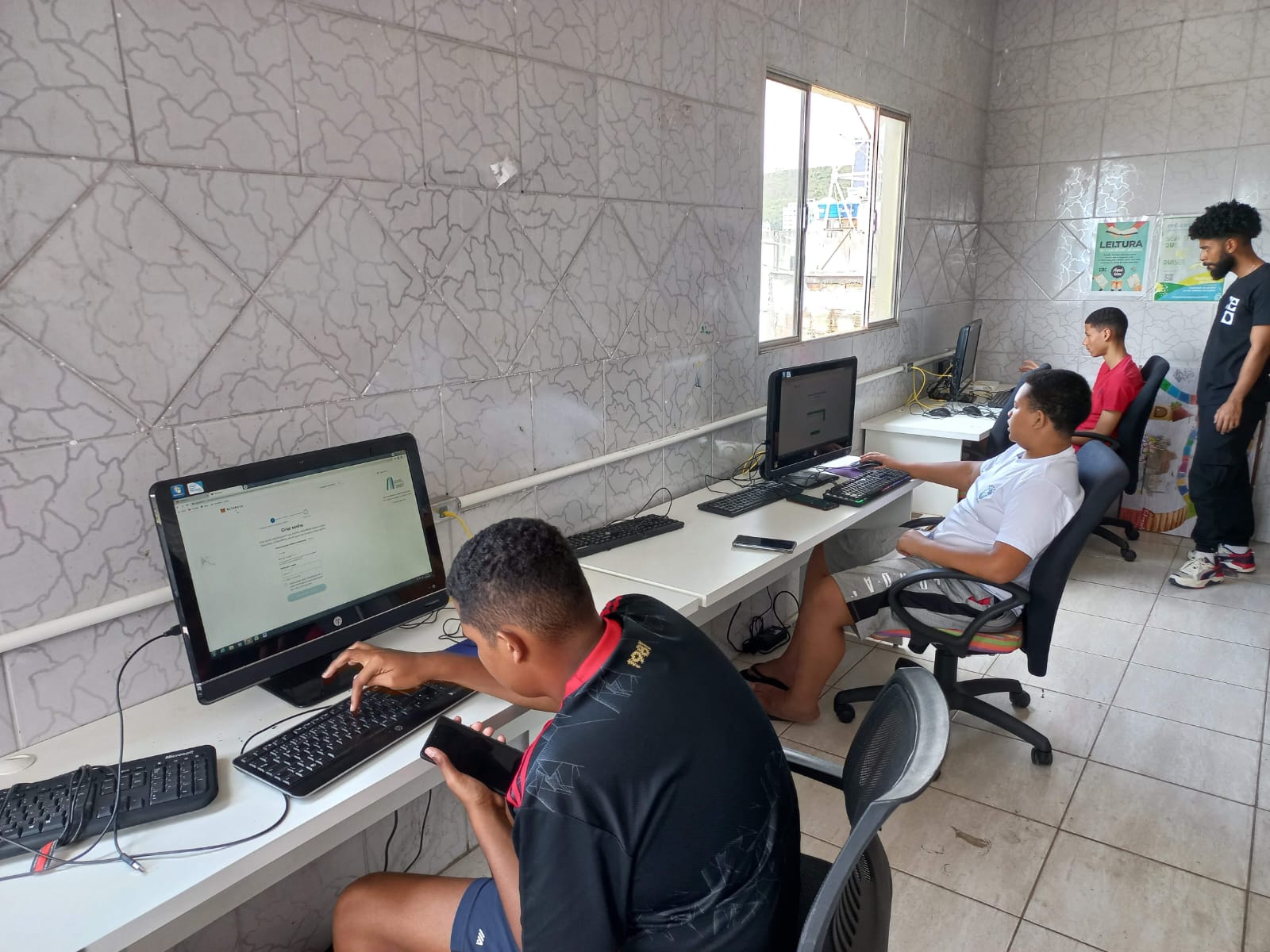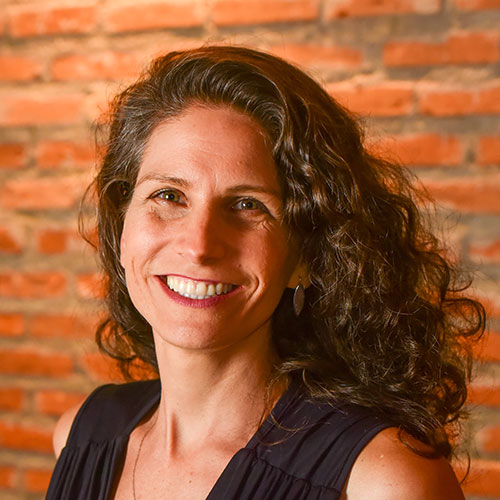Eu Amo Minha Quebrada: Meet Júlio Fessô and his actions at Morro do Papagaio, in Belo Horizonte
After comings and goings in the prison system, he became an influential local leader, changing community social dynamics.


Júlio Fessô is a reference in Morro do Papagaio, one of the oldest favelas in Belo Horizonte (MG), surrounded by wealthy neighbourhoods in the south of the city. There he was born and raised. Drug dependent, he also spent time in prison and after serving his sentence, he became a local social leader. It was this life path that led him to create the “Eu Amo Minha Quebrada” project in 2013.
According to Fessô, “Problems exist everywhere, but the ones in the favela get a lot of attention.” The project was created to break this paradigm. The first action was to offer a photography workshop within the community. The objective was to encourage children and teenagers to capture nice places in the favela and later share them on social media.
“Many newscasts contribute with a negative view of the favela, some even put on a suspenseful soundtrack, cut the article several times to hold the public and it is very sad”, he says. Over time, his idea grew and diversified into other areas: entrepreneurship, sports, culture, leisure, social assistance and health.
The new initiatives generated media visibility, allowing him to achieve his main goal: “I wanted to show the favela as it is and, with that, change the reality of the community. We ended up becoming a reference in national and international media”, he recalls.

From the prison system to local leadership
According to Júlio Fessô, his time in the prison system motivated him to invest in social actions to transform the community. However, he emphasizes that the overcoming of challenges should not be romanticized. There was a lot of pain and suffering along the way.
“At 12, I dropped out of school because I had to help around the house. I went to work in a printing company and I was doing well in that trade. But at 17 I discovered crack. I committed some petty theft to maintain the addiction and was arrested. Then, at almost 19 years old, I was caught by the police again. They mistook me for a robber from a restaurant, but it wasn’t me…”, says Júlio.
“I got arrested, and I paid for it. But when I left prison, I was a bit upset and started getting into trouble again. Then I ended up back in prison, and that’s when I realized I was banging my head against a wall. From being a source of pride for my family, I became a great disappointment. My mother was always crying because of me, suffering a lot. That contributed to making me rethink my path,” he continues.
“I must also emphasize that I ended up converting to Christianity in prison. A genuine Christianity, not one of appearance and judgment. There’s a part in the Bible that I like, which says that we should flee from the appearance of evil. And to flee from the appearance of evil, there’s only one thing to do, and that is to do good. So, I started thinking a lot about that,” he recalls.


Doing good is good
Júlio Fessô went and came back from prison a few times during almost nine years. The last time he was imprisoned, he left with one purpose: to transform the community. He started participating as a social educator in government programs and as a motivational speaker at Tio Flávio Cultural, a network that brings together about 70 partner institutions with a team of more than a thousand volunteer people.
“I started giving lectures in prisons and educational spaces, sharing my story and journey. So, I like to say that it was both the religious aspect and the love for my family that made me turn the page,” he says. At the same time, he was developing his projects with a social impact.
“We have a strong desire to make things happen, but without support and help, we end up going in circles. It’s all part of a process,” Fessô reflects. For him, the chain of goodness exists and is necessary because no one does anything alone: “Many times, it’s me who appears in the news or attends meetings, but behind it, there’s a team, which, I must emphasize, is mainly composed of women. They are the ones who participate directly and indirectly in the actions,” he says.


“I Love My Hood” (Eu Amo Minha Quebrada)
The projects of “I Love My Hood” (Eu Amo Minha Quebrada) reach a diverse audience, but their primary focus is on children and adolescents. “They say that opportunities are there for everyone, but kids and teenagers from the periphery, they need to cross a gap to reach those opportunities. Our projects are like a bridge between dreams and reality,” explains Fessô.
If the initial objective was to show what the favela is like, over time this purpose has transformed and multiplied. Today, Eu Amo Minha Quebrada carries out various actions such as the Projeto Pontapé Inicial (Kick-off Project), which promotes social inclusion through soccer; there are actions linked to festive dates, such as Easter, Christmas, Children’s Day, Mother’s Day, Festa Junina and others.
There is also the “Rua do Livro Morro do Papagaio,” a project that encourages reading, and “Voa, Papagaio!,” a preparatory course for exams such as ENEM and ENCCEJA, among others. The latter aims to include students from socially vulnerable backgrounds in universities. “I usually say that here we fix the plane while it’s still in the air,” warns Júlio, referring to the proactive and ongoing nature of their efforts to uplift the community.


New technologies and climate change
According to Júlio Fessô, many boys and girls in the community are excellent at video games. With that in mind, he managed to take robotics, web3 technology and software development classes for Morro do Papagaio. “We want young people to be able to create and sell games. In addition to having fun, they will be able to earn money from it, just like middle-class teenagers, because they had an opportunity ”, he points out.
In addition to focusing on the professionalization of gamers, Fessô also aims to address climate change. “Although the periphery contributes little to the climate crisis, it’s the population that suffers the most from its effects. At the same time, this issue is often just a news headline for most people in the communities. So, we have been bringing this discussion here, mainly through the involvement of adolescents,” he reflects. By engaging the youth in the dialogue about climate change, the project seeks to raise awareness and empower the community to take action against the environmental challenges they face.
Indeed, the environmental projects are carried out in partnership with NGOs and collectives like Engajamundo, Global Shapers, and Greenpeace. The EduClima course, for example, focuses on training young leaders in climate-related issues. Another project, Recicla Kids, is dedicated to environmental education for children, helping to instil sustainable practices from a young age. By collaborating with these organizations, “I Love My Hood” (Eu Amo Minha Quebrada) expands its impact on climate-related initiatives and empowers the community to become actively involved in environmental stewardship.
Find out how young people from Engajamundo work to defend the climate.


The favela and the paradigm shift
All projects carried out by Eu Amo Minha Quebrada are facilitated through volunteering. Social networks are the main means of knowing what is happening in the community. Anyone interested can volunteer or collaborate financially.
“We share our ideas on the networks and people can propose workshops. But it’s no use bringing something plastered here. In the past, for example, many people, mainly from college, would come, do research and then disappear. So it’s important to build together”, warns Júlio.
“We don’t do anything alone. It’s great when people from outside can contribute as well. Besides bringing resources, equipment, experiences, and more, they also take back with them everything they saw here. In doing so, they help break the paradigm that the favela is dangerous. We just want to create a dignified future for our children and teenagers,” concludes Fessô. The collective effort, support, and collaboration from both the community and external individuals can truly make a difference in transforming lives and perceptions for the better.
Want to support this cause?
Eu Amo Minha Quebrada is a social impact project that works through partnerships and donations. To support and learn more about the project, follow the social networks on Twitter, Facebook, Instagram e Linkedin.



